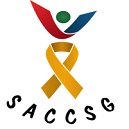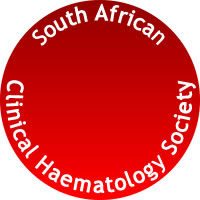Original Research
Head and neck cancer in Africa
Submitted: 14 December 2018 | Published: 23 May 2019
About the author(s)
Sameera Dalvie, Division of Radiation Oncology, Department of Radiation Medicine, University of Cape Town, Cape Town, South AfricaAbstract
Management is a combination of surgery, chemotherapy and radiotherapy. Published guidelines are available for the developed world, but there are no official guidelines for Africa.
Aim: The aim of the survey was to describe diagnosis and management of head and neck cancer in Africa.
Setting: This study was undertaken by a clinical oncologist employed by the state sector in South Africa.
Methods: An online, cross-sectional electronic survey was mailed to oncologists and surgeons, working in the field of head and neck cancer in Africa. The survey was open from August 2016 to January 2017. Questions were posed about diagnosis and management.
Results: Thirty-nine respondents from different locations in Africa responded. All the respondents practised in urban centres in their respective countries. Sixty-three per cent identified as oncologists. The remainder identified as surgeons. A third of the respondents see more than 200 head and neck patients per year. Access to diagnostic tools as well as therapy resources was limited. Forty per cent of the patients were assessed in a multidisciplinary clinic. Surgery and adjuvant radiotherapy are important modes of therapy, in the setting of locally advanced disease. Two-dimensional radiotherapy and clinical mark-up were utilised by 47% and 34% of respondents, respectively. A substantial proportion of patients with curative disease were treated palliatively.
Conclusion: Trainers from well-established centres in Africa need to develop coordinated training programmes to facilitate the establishment of multidisciplinary teams. This will aid in the development of local, relevant protocols.
Keywords
Metrics
Total abstract views: 3188Total article views: 4998



